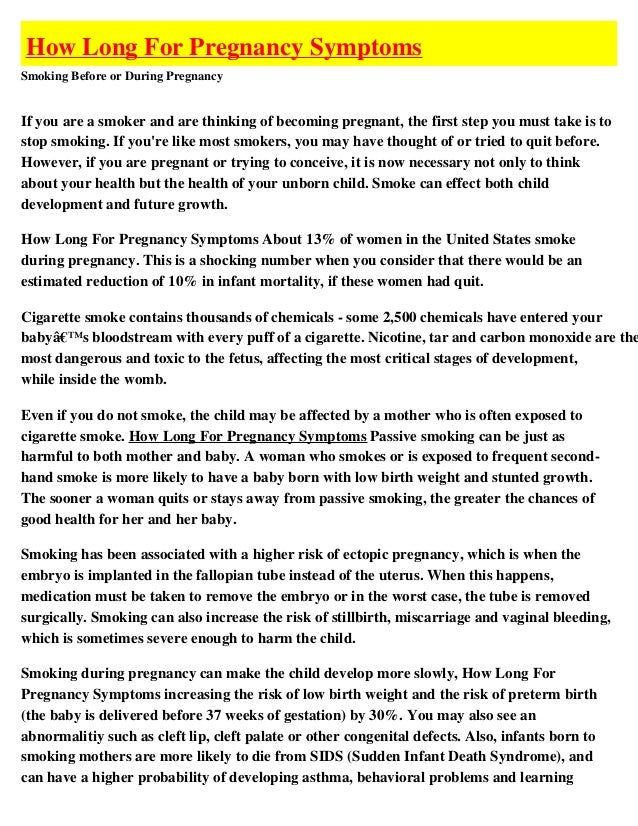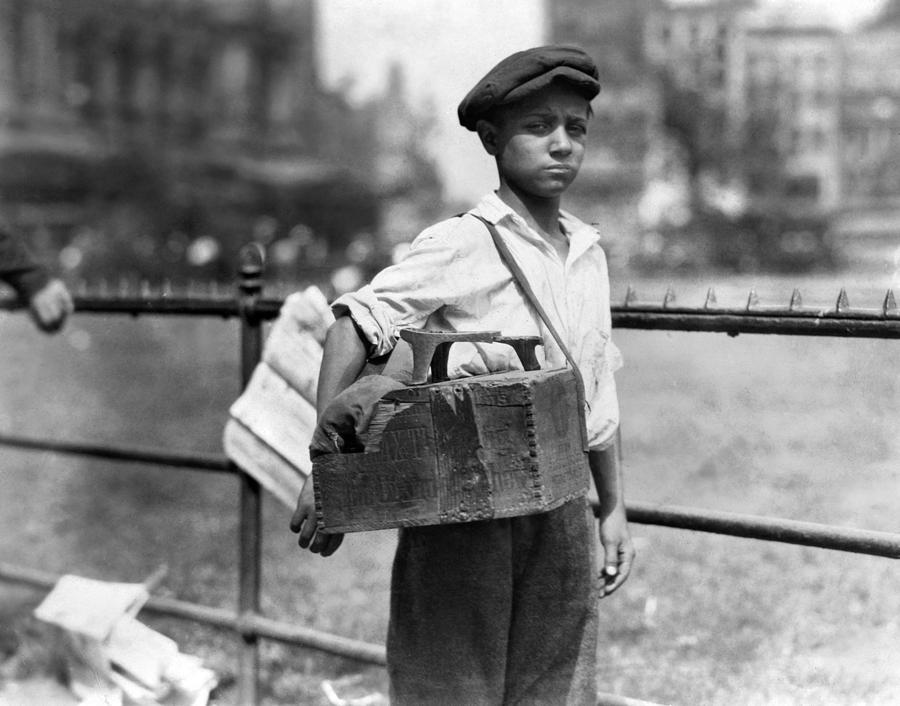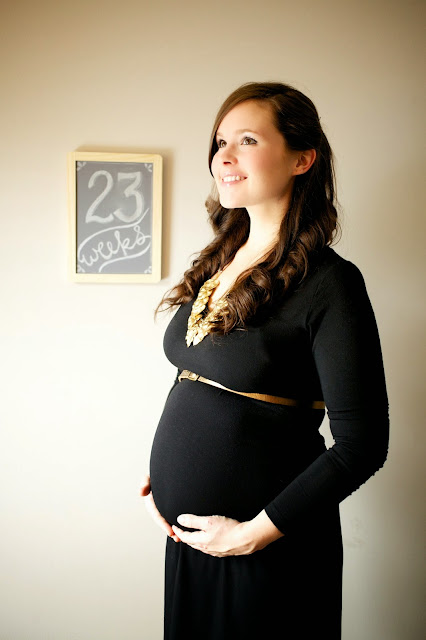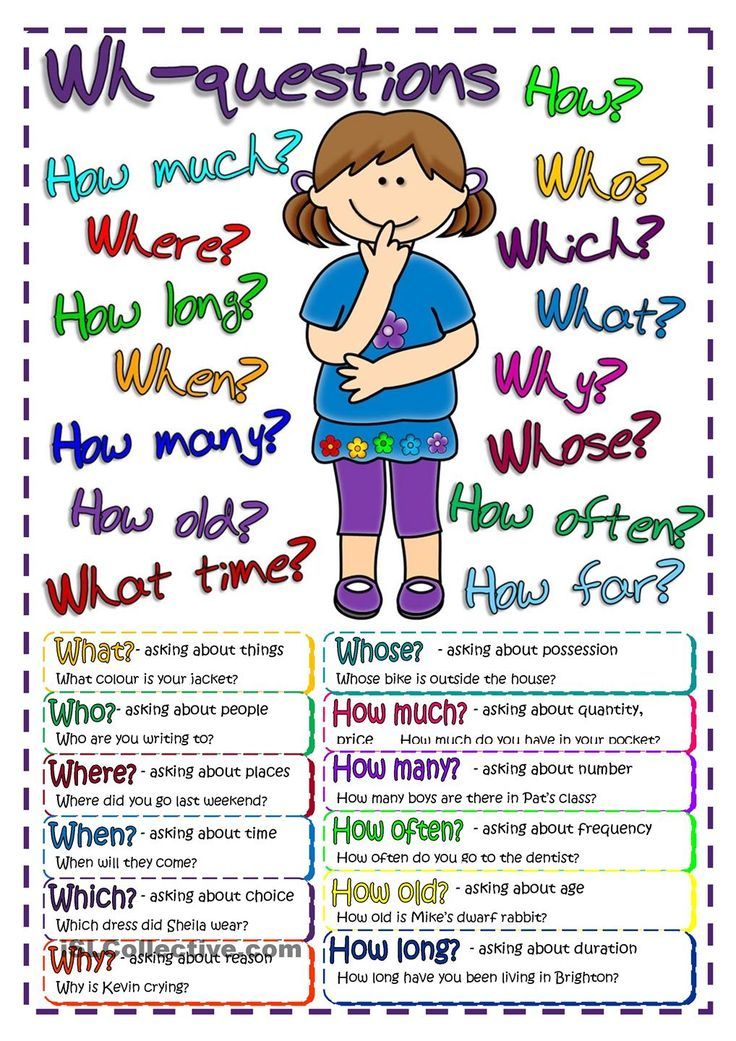Sleeping patterns in toddlers
Sleep & sleep cycles: babies, kids, teens
Why is sleep important?
Sleep restores children physically. It helps them learn and remember things, and it boosts immunity. And sleep helps children grow. For example, children’s bodies produce growth hormone when they’re asleep. Children often need more sleep at times of rapid growth.
Children of all ages need to get enough sleep so they can play, learn and concentrate during the day.
Sleep at different ages
Babies, children and teenagers need different amounts of sleep.
Also, sleep patterns change as babies and children get older. For example, as babies grow, they begin to sleep less during the day and more at night. And children generally need less sleep as they grow older.
Children’s sleep needs and patterns vary, so the information below is just a guide. Your child’s sleep might be different.
Babies under 6 months: when and how much they sleep
Newborns
Newborns sleep on and off during the day and night. They sleep for 14-17 hours every 24 hours.
They have two different kinds of sleep – active sleep and quiet sleep. In active sleep your baby moves around. You might see jerking, twitching or sucking. In quiet sleep your baby is still and breathing evenly.
Newborns move through active and quiet sleep in cycles that last about 50-60 minutes. They might wake up after a sleep cycle and need help getting back to sleep.
Babies 3-6 months
By three months, babies start to develop night and day sleep patterns, and they tend to start sleeping more during the night. Babies usually sleep for 12-15 hours every 24 hours.
At 3-6 months, babies might start moving towards a pattern of 2-3 daytime sleeps of up to two hours each. They might still wake at least once at night.
Babies 6-12 months: when and how much they sleep
Sleep during the night
As babies develop, more of their sleep happens at night.
At this age, most babies are ready for bed between 6 pm and 10 pm. They usually take less than 40 minutes to get to sleep, but about 1 in 10 babies takes longer.
They usually take less than 40 minutes to get to sleep, but about 1 in 10 babies takes longer.
Babies might be having long sleeps of six hours at night by the time they’re six months old.
Almost two-thirds of babies wake only once during the night and need an adult to settle them back to sleep. About 1 in 10 babies calls out 3-4 times a night.
More than a third of parents say their babies have problems with sleep at this age.
Sleep during the day
Most babies aged 6-12 months are still having daytime naps. These naps usually last 30 minutes to 2 hours.
Some babies are difficult to settle or wake a lot at night. A positive bedtime routine can help your baby settle to sleep. Phasing out sleep habits like rocking baby to sleep can also make it more likely baby will settle themselves when they wake in the night. But if you’re happy to resettle your baby each time they wake during the night, that’s just fine.
Toddlers: when and how much they sleep
Toddlers need 11-14 hours of sleep every 24 hours. Usually this is a sleep of 10-12 hours a night, and a nap of 1-2 hours during the day.
Usually this is a sleep of 10-12 hours a night, and a nap of 1-2 hours during the day.
Some toddlers aren’t keen on going to bed at night. Often this is because they’d like to stay up with the family. This is the most common sleep problem reported by parents. It peaks around 18 months and improves with age.
Less than 5% of two-year-olds wake three or more times overnight.
Preschoolers: when and how much they sleep
Children aged 3-5 years need 10-13 hours of sleep a night.
Some preschoolers might also have a day nap that lasts for about an hour.
School-age children: when and how much they sleep
Children aged 5-11 years need 9-11 hours of sleep a night.
From about five years of age, children no longer need a day nap if they’re getting enough sleep overnight.
Primary school-age children are usually tired after school and might look forward to bedtime from about 7.30 pm.
Teenagers: when and how much they sleep
Children entering puberty generally need about 8-10 hours of sleep a night to maintain the best level of alertness during the day.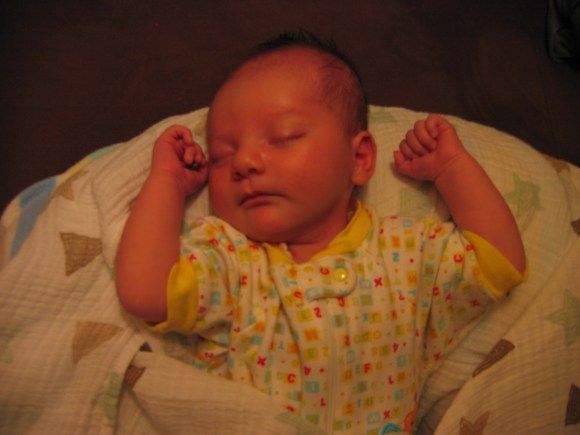
Changes to the internal body clock or circadian rhythm during adolescence mean it’s normal for teenagers to want to go to bed later at night – often around 11 pm or later – then get up later in the morning.
Over 90% of adolescent children don’t get the recommended amount of sleep on school nights. Getting enough good-quality sleep is important during this period, because sleep is vital for thinking, learning and concentration skills. Lack of sleep in these years has also been linked to mental health conditions like depression and anxiety.
About sleep cycles
We all cycle between different types of sleep during the night and also during long naps.
From about six months of age, a sleep cycle contains:
- rapid eye movement (REM) sleep
- non-REM sleep.
In REM sleep, your eyeballs flicker from side to side underneath your eyelids. REM sleep is also called dream sleep.
Non-REM sleep consists of deep sleep and light sleep. It’s difficult to wake a child in deep sleep. Children in light sleep wake up easily.
It’s difficult to wake a child in deep sleep. Children in light sleep wake up easily.
The amount of REM and non-REM sleep in a cycle changes throughout the night.
How sleep cycles affect children’s sleep
Children have a lot of deep non-REM sleep in the first few hours after they fall asleep. That’s why children sleep so soundly in the first few hours after they’ve gone to bed and aren’t disturbed by anything.
Children have more REM sleep and light non-REM sleep in the second half of the night. Children wake more easily from these kinds of sleep, so they might wake up more during this time than at the beginning of the night.
In the early childhood years, sleep cycles get longer as children get older. In children aged three years, sleep cycles are about 60 minutes. By about five years, sleep cycles have matured to the adult length of about 90 minutes.
Children might wake briefly at the end of each sleep cycle and not be aware of it or remember it in the morning. This is normal, and all children do it. But some children call out when they wake at the end of each sleep cycle and need help settling again.
This is normal, and all children do it. But some children call out when they wake at the end of each sleep cycle and need help settling again.
Toddler sleep: what to expect
Toddler sleep: what you need to know
Toddlers need 11-14 hours sleep every 24 hours. Usually this is a sleep of 10-12 hours a night, and a nap of 1-2 hours during the day.
Toddlers are developing fast, and their sleep changes a lot at this age. For example, it can seem that toddlers are having trouble settling for sleep, getting to sleep or sleeping through the night, at least some of the time. And toddlers love to test their independence, so getting them to bed in the first place can be a challenge.
Once you can spot your child’s signs of tiredness, you’ll be able to settle your child to sleep before grumpiness sets in. A firm and consistent bedtime routine will be a big help with many toddler settling and sleep issues.
Understanding sleep and sleep patterns is an important starting point for helping your child develop healthy habits and a positive attitude towards sleep.
Toddler sleep schedule
A common daily sleep schedule for toddlers might look like this:
- 7 am: wake up
- 1 pm: nap of no more than 2 hours
- 3 pm: wake up
- 7.30 pm: bedtime.
If your toddler’s day nap is too long or too late in the day, they might not be ready for bed until late at night.
Some toddlers like to wake at 5.30 am or 6 am. There isn’t much you can do about this. Putting your toddler to bed later at night in the hope of later waking in the morning doesn’t tend to work. Your toddler might still wake up early then be grumpy from too little sleep.
If you live with an early riser, you might want to make your bedtime earlier too.
Toddler bedtime routine
A positive bedtime routine helps toddlers feel ready for sleep and settle more easily when they wake at night.
Most toddlers are ready for bed between 6.30 pm and 7. 30 pm. This is a good time, because they sleep deepest between 8 pm and midnight. It’s important to keep the routine consistent on weekends as well as during the week.
30 pm. This is a good time, because they sleep deepest between 8 pm and midnight. It’s important to keep the routine consistent on weekends as well as during the week.
A bedtime routine might look something like this:
- 7 pm: brush teeth and change nappy
- 7.15 pm: quiet time (read a book or tell a story)
- 7.30 pm: into bed and kiss goodnight.
Before you turn out the light, it’s a good idea to do a quick check of your child’s room to make sure the sleeping environment is safe.
If your child takes a dummy to bed, you might consider encouraging your child to let go of the dummy.
Taking a bottle of milk to bed isn’t a good idea either, because it can cause tooth decay and lead to more problems with sleep. It’s better for your child to finish their milk at least 30 minutes before going to bed.
Calling out and getting up after bedtime
Your toddler might go through a stage of calling out or getting out of bed after you’ve said goodnight.
Try these tips:
- Avoid boisterous play before bedtime. This can make it harder for your child to settle.
- Turn off the TV, computers and tablets an hour before bedtime, and avoid letting your child watch scary or exciting things close to bedtime.
- Set up a consistent, calming bedtime routine.
- Before leaving your child’s bedroom, check that your child has everything they need. Remind your child to stay quietly in bed.
If your toddler shares a bedroom with a brother or sister, you might need to delay your other child’s bedtime by half an hour until your toddler is settled and asleep. If you’re firm and consistent, your toddler will quickly get the message that bedtime is for sleeping.
Check whether your child actually needs something when they call out. If your child has done a poo, change the nappy with the lights dim and no talking. If your child is scared of the dark, think about using a night-light.
Many toddlers have settling and sleep problems. But problems like going to sleep and staying asleep can be more severe in autistic children. You can manage and overcome many sleep problems in autistic children using common behaviour strategies.
But problems like going to sleep and staying asleep can be more severe in autistic children. You can manage and overcome many sleep problems in autistic children using common behaviour strategies.
Toddler naps
At 12 months, your toddler might be having two naps a day, but by three years, they’re more likely to have just one nap or to have dropped their daytime sleep altogether. You might find the first nap gets longer and later in the day as the second nap gradually stops.
You can encourage your toddler to nap by having a quiet, consistent pre-nap routine. For example, you could sing a gentle song, have a cuddle or read a story before naps. It’s also good to make sure your toddler has daytime naps in their cot or bed. And if your toddler stops sleeping at nap time, you could try giving your toddler a rest at the same time each day.
Night terrors
A night terror is when your child suddenly gets very upset while sleeping deeply. Night terrors can be scary for you, but they don’t hurt your child, and your child won’t remember them in the morning.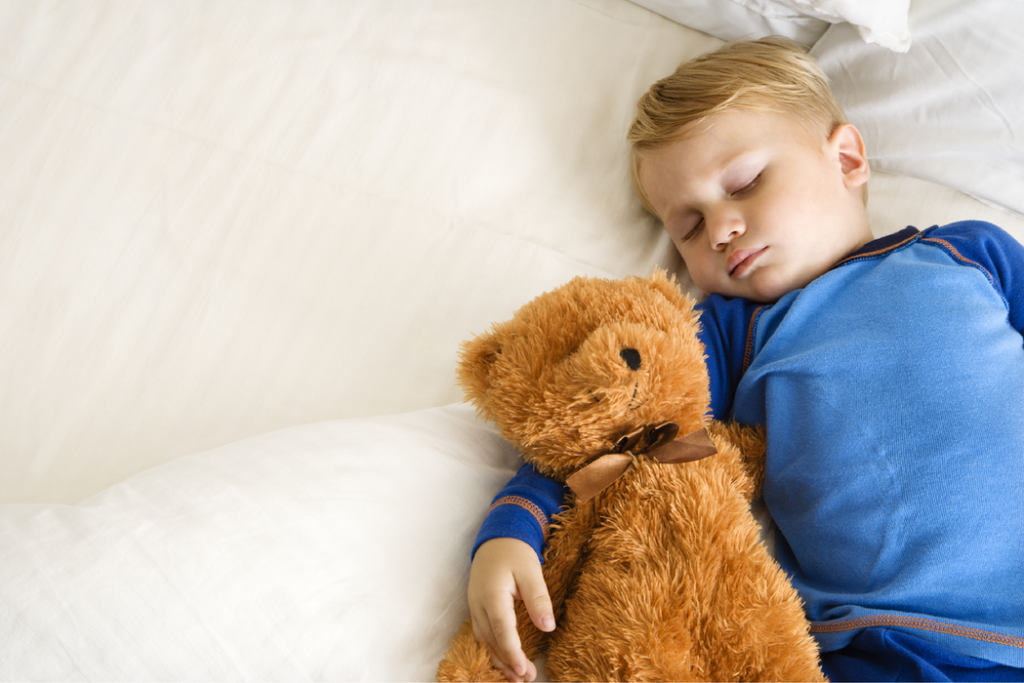
Lack of sleep can cause night terrors in some children. If you think your child isn’t getting enough sleep, a positive bedtime routine might help.
A night terror usually settles down in 10-15 minutes, but they can last longer than this.
Moving to a ‘big bed’
Most children move from a cot to a bed when they’re around 2-3 years old. But there’s no hurry, particularly because some young toddlers might try to get out of a big bed more often.
You might need to move your child if your child has started climbing out of the cot or needs to use the potty at night. Or you might need the cot for a new baby.
Teeth-grinding
Many children grind their teeth at some stage. Children won’t usually be woken up by the sound of their own teeth-grinding – but other people in the room might be! Teeth-grinding doesn’t usually cause any damage to children’s teeth.
Getting help
Sleep medications aren’t usually the solution to children’s sleep problems – there are better ways to deal with these difficulties.
Children’s sleep problems are one of the most common reasons that parents seek help from professionals. Your child’s sleep problems will be much easier to manage with the support of a trusted child health professional.
How to improve the sleep of an infant?
The daily routine of a baby up to a year changes often. Sometimes mommy spends a lot of time to put her baby to bed. A well-designed daily routine will save time and nerves. It should be based on the physiological needs of the baby. From them and need to repel.
What is mode
for?The schedule should not diverge from the natural mode of the crumbs. In this case, there will be no harm to the nervous system, useful habits will be developed, forces will quickly recover, development will be harmonious. Pediatricians note that with the regime of the day, children grow more disciplined.
By planning the baby's daily routine, parents can predict their day. If there are serious deviations in the regimen, then the baby will be irritable, whiny.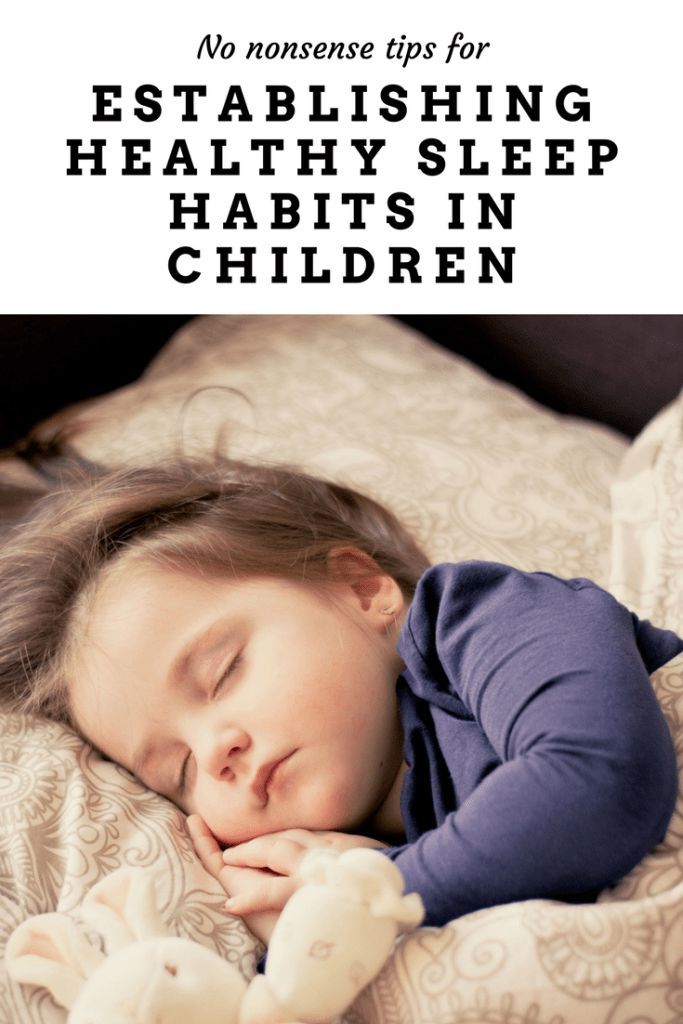
Principles of daily routine
It is important to take into account the individual characteristics of the child. Don't try to fit everyone in. A child's sleep should correspond to his biological rhythms. Accordingly, parents, knowing when the baby wants to sleep, put him down. To adjust the schedule, it is necessary to approach this issue methodically, consistently. It is important to understand that the daily routine of the baby is flexible and will need to be adjusted over time.
Why it's important for babies to sleep
Rest is necessary for the harmonious development and growth of the baby. If the baby does not get enough sleep or there are sleep disturbances, this will lead to whims, irritability, aggression. It will be difficult for the baby to learn new things, interest in studying the world around him will decrease, mental activity will slow down.
Rest makes it possible to accumulate strength, energy, relax the nervous system. The main functions of sleep are:
The main functions of sleep are:
- maintaining thermoregulation;
- maintaining the level of consciousness;
- complication of intercellular interaction of brain neurons;
- maturation of neurons.
Infant sleep phases
There are successive phases:
- surface;
- quick;
- slow.
These phases change quickly. A full cycle is slow-REM sleep. Between them, babies can cry, roll over. If the child does not know how to fall asleep on his own, then he wakes up completely. The change of cycles can reach up to 15 times per night. This is where the skill of falling asleep on your own becomes key.
Fast phase
Characterized by shallow sleep. The child's brain is active, there is a slight paralysis of the whole body, only the eyeballs move. In this phase, the child is the distribution of the received information in memory. Newborns up to 4 months sleep chaotically, the fast phase prevails over the slow one.
Slow phase
In this phase, the formation of neurological connections, tissue regeneration occurs. The first two stages of the slow phase fall on light sleep. During this period, children may wake up from a slight noise. Then there is a dive into a deep phase, in which it becomes almost impossible to wake up.
Important! If a child is awakened during non-REM sleep, he will be disoriented. During this period, there may be bouts of somnambulism, talking in a dream.
Why is it necessary to put the baby to sleep during the day
The number of periods of daytime rest for an infant varies. By 4 months, sleep segments are 4, by six months - 3, by two years - 1 time per day. Between 2-4 years of age, your baby may lose daytime sleep.
At different times of the day, the duration of sleep is different. Morning rest is a continuation of the night. At this time, the processing of acquired skills continues. At lunchtime, sleep is deeper and consists of a slow phase. Evening - helps the baby cope with overwork and make it to bed at night.
Evening - helps the baby cope with overwork and make it to bed at night.
Infant sleep from birth to 4 months
The formation of sleep in infants is divided into 3 periods:
| Name | Description |
| 1st period: first 8 weeks of life | Biorhythms are not formed, there is a sleep inversion. Sleep is not organized. The total amount that the child sleeps up to 18 hours a day |
| 2 period: 8-12 weeks of life | The night sleep of the baby is getting better, the confusion of the day and night is coming to an end. Uninterrupted sleep at night is 4-6 hours. Daytime - lasts from half an hour to 4 hours |
| 3 period: 12-16 weeks of life | Night sleep up to 12 hours, daytime - up to 5 times |
At 1 month, a newborn rests during the day up to 10 hours, at night - up to 8 hours.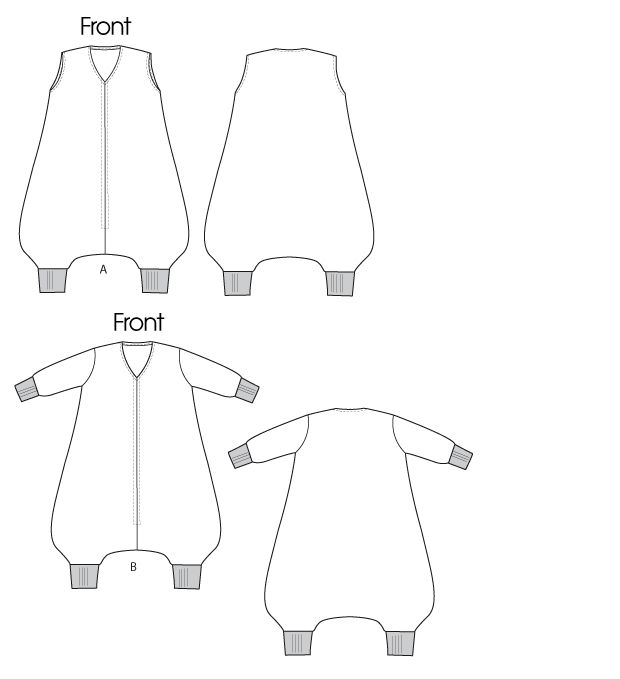 In total, sleep accounts for up to 18 hours a day. At 2 months, the day time is up to 7 hours, the night time is up to 11 hours. In total, the child sleeps up to 18 hours a day. Daytime sleep at 3 months - up to 6 hours, nighttime - up to 11 hours, in total the baby sleeps 17 hours a day.
In total, sleep accounts for up to 18 hours a day. At 2 months, the day time is up to 7 hours, the night time is up to 11 hours. In total, the child sleeps up to 18 hours a day. Daytime sleep at 3 months - up to 6 hours, nighttime - up to 11 hours, in total the baby sleeps 17 hours a day.
Newborn babies sleep most of the time during the first six months of their lives. However, there are times when a child's sleep is disturbed. If you have any questions about the organization of the child's sleep regimen, please consult our doctors. Our doctors at a remote consultation will tell you in detail about the phases of sleep, the rules for organizing the child's daily routine.
Sleep disorders
The reasons for the violation may be:
- increased excitability, anxiety;
- physical discomfort;
- allergic reactions;
- irrational nutrition;
- intestinal colic;
- pain of various etiologies.

Sleep disturbances are a kind of signal for parents. 32 percent of young children have sleep disorders that can become chronic.
Signs of poor sleep are:
- short daytime sleep;
- frequent awakenings at night;
- falling asleep with crying;
- lack of daytime or nighttime sleep.
Read also Causes of snoring in children
Helping your baby sleep
It is very important to properly lay the child to rest. Before laying down, it is not recommended to play active games in order to avoid overexcitation. Games should be calm so as not to psycho-emotionally overload the baby. Bathing is carried out two hours before laying down, feeding and sleeping.
When organizing daytime sleep, it is undesirable to carry out complete soundproofing.
The opinions of experts about where to sleep the baby were divided. Many are of the opinion that the child should sleep in his own crib. Others argue that co-sleeping with mom has a beneficial effect on the baby. In this case, the approach is strictly individual.
Others argue that co-sleeping with mom has a beneficial effect on the baby. In this case, the approach is strictly individual.
FAQ
What to do if the baby sleeps for a long time?
+
The first days a newborn baby sleeps most of the time. Further, the number of dreams depends on the age of the baby. As you grow, your wake time increases. The baby itself regulates the daily routine according to biological needs.
How to improve the sleep of a child in 1 month?
+
You need to put a month-old baby to sleep at his request. It is not worth making a routine at this age. It is necessary to provide the crumbs with conditions for a restful sleep. Open a window for airing before going to bed, then feed and put to sleep.
How to prolong daytime sleep?
+
Before going to bed, the baby begins to act up.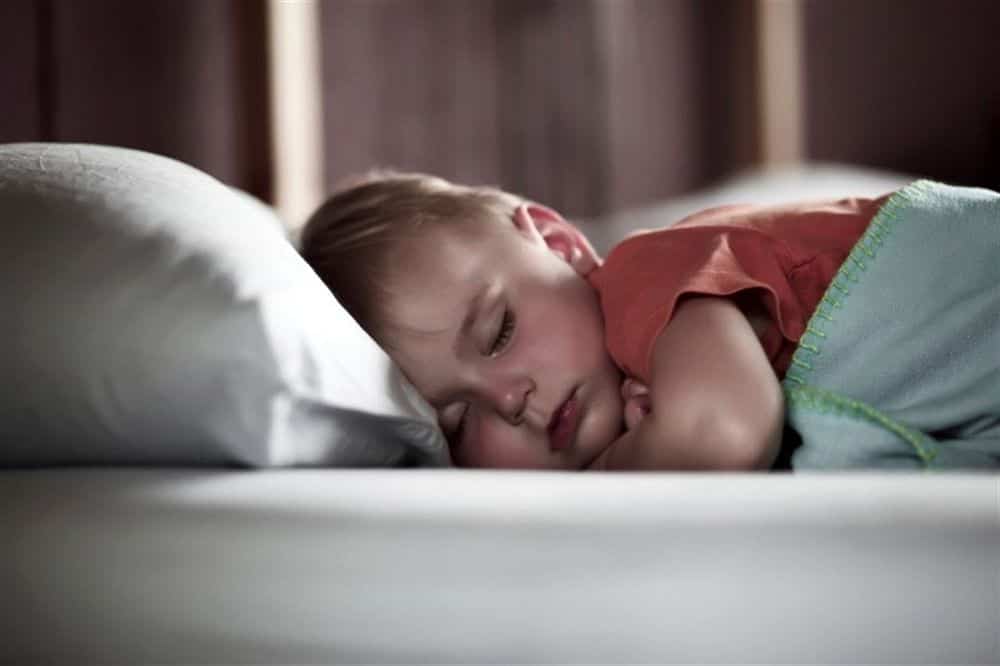 It is better to take him in your arms, offer him food and put him to bed. During sleep, you should not completely exclude all noise. The room must be ventilated. Children up to a year sleep during the day up to 4 hours.
It is better to take him in your arms, offer him food and put him to bed. During sleep, you should not completely exclude all noise. The room must be ventilated. Children up to a year sleep during the day up to 4 hours.
How many hours of sleep does a 3 month old baby need?
+
At the age of three months, the baby spends 6 hours on daytime sleep. At night it is until 11 o'clock. In total, the baby sleeps up to 17 hours a day.
Expert opinion
A healthy child up to a year normally sleeps up to 18 hours a day. Babies up to a year regulate their wakefulness and sleep patterns on their own. Daytime sleep can vary from half an hour to 4 hours. Here everything is individual. If there are sleep disorders, it is necessary to establish the cause, to observe if there are active games, if the baby has gone too far. Since with nervous, psycho-emotional excitability, children fall asleep badly and hard, often wake up, act up.
We publish only verified information
Article author
Pruzhinin Mark Yulievich pediatrician
Experience 30 years
Consultations 1572
Articles 104
An experienced pediatrician with extensive experience and clinical experience in various medical organizations in the field of general pediatrics, resuscitation and anesthesiology and neuroinfection. Works with leading experts, attends international and Russian conferences.
Works with leading experts, attends international and Russian conferences.
Daily routine for a child under 1 year old
Daily routine is a system for distributing periods of sleep and wakefulness, meals, hygiene and health procedures, activities and independent human activities throughout the day.
Compliance with a rational day regimen corresponding to the age characteristics of the child contributes to his healthy growth and development. Getting used to performing various types of activities at the same time, the child is prepared for the upcoming type of activity at every moment of time, which ensures their easier and faster implementation. Compliance with the correct daily routine provides a good mood for the child and maintains a keen interest in the study of the world around him, contributing to his normal motor and psychoverbal development.
The child's daily routine includes the following obligatory elements: diet, time spent outdoors during the day, frequency and duration of sleep, mandatory classes to develop skills in accordance with age, free time.
In the first months after birth, a healthy newborn baby sleeps for most of the day, since all external stimuli are very strong for the nervous system of a child, accustomed to a cozy intrauterine environment, and cause its rapid exhaustion. As the child grows older, the duration of sleep gradually decreases and the time of wakefulness increases.
| Age | Daytime sleep mode | Night sleep | Wake mode |
| Birth to 2 months | 6 x 2.5 hours | 6 hours | During feeding |
| 2-4 months | 5 times 2-2.5 hours | 6.5 hours | 4 x 1.5 hours |
| 4-6 months | 4-5 times for 2 hours | 7 hours | 4 times 2 hours |
| 6-9 months | 3-4 times for 1.5-2 hours | 8 hours | 4 x 2.5 hours |
| 9-12 months | 2 x 1.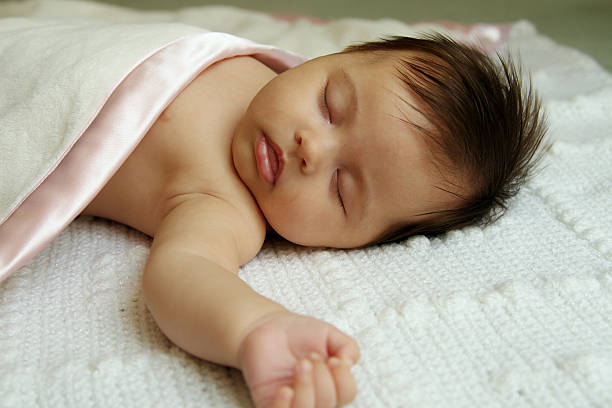 5-2 hours 5-2 hours | 9-10 o'clock | 4 times 3-4 hours |
Closely related to the sleep-wake mode is the feeding mode of the baby. The sleep of a child in the first months of life is very sensitive and is easily disturbed under the influence of various extraneous stimuli, including hunger.
| Age | Mode | Example |
| Birth to 2 months | 7-8 times, every 3 hours | 6,9,12,15,18,21,24 (no night feeding) |
| 2 to 6 months | 6-7 times, every 3.5 hours | 6, 9.30, 13, 16.30, 20, 23.30 (without night feeding) 6, 9.30, 13, 16.30, 20, 23.30, 03 (with night feeding) |
| From 7-12 months | 5 times, every 4 hours | 6,10,14,18,22 |
The child's stay in the fresh air is essential in the daily routine. The total duration of stay in the open air for children under 1 year of age should be at least 5-6 hours a day.
